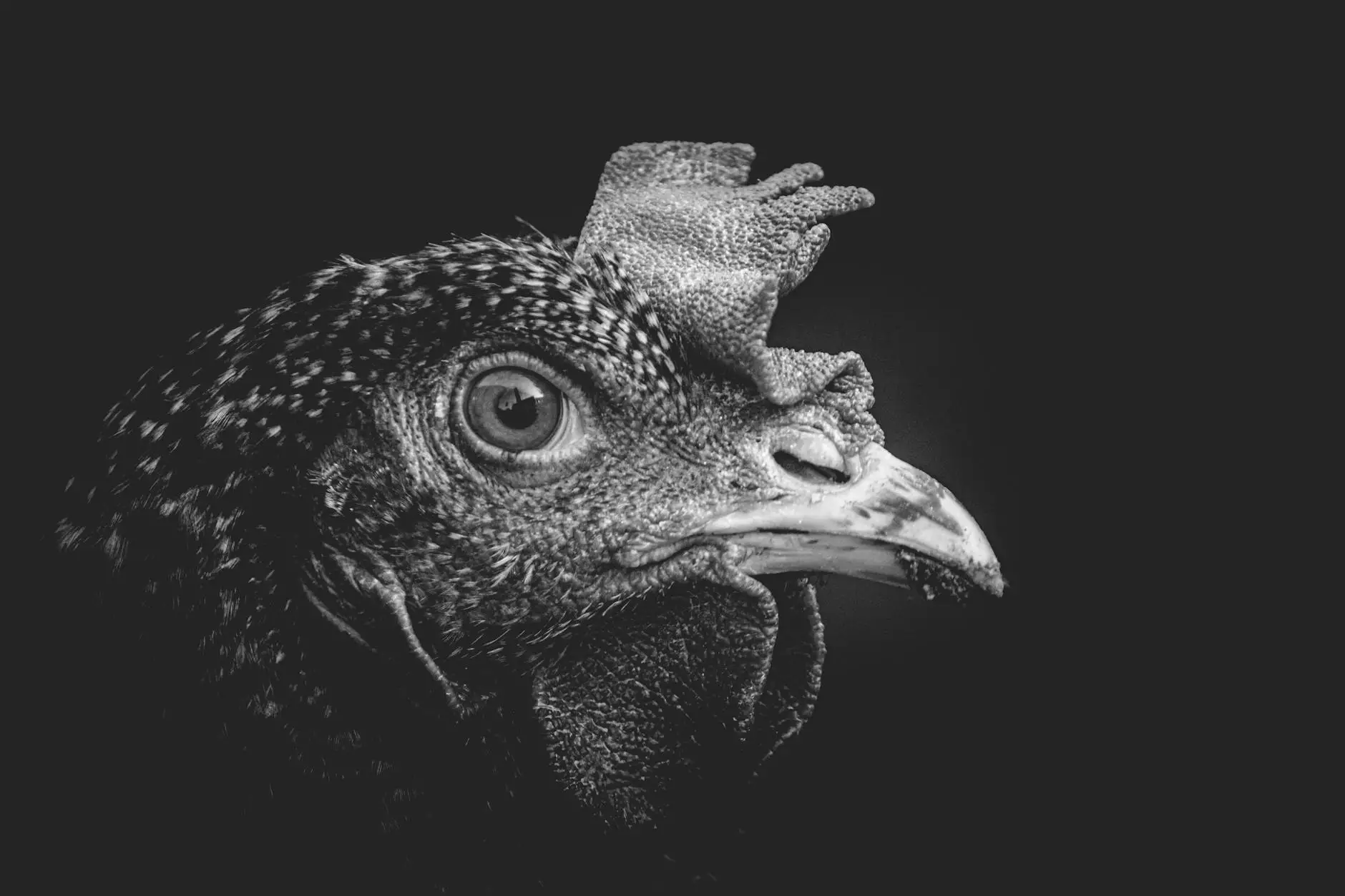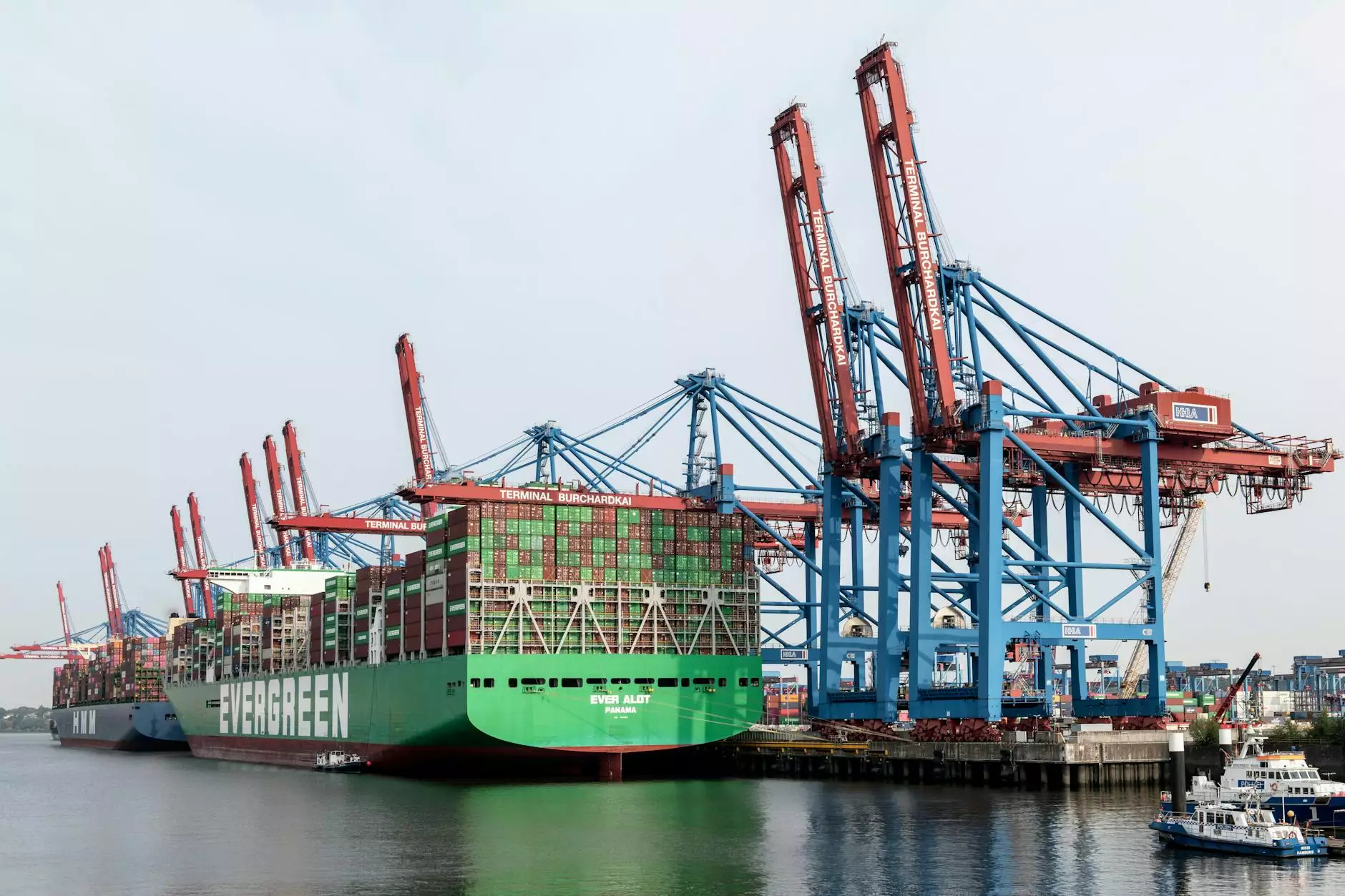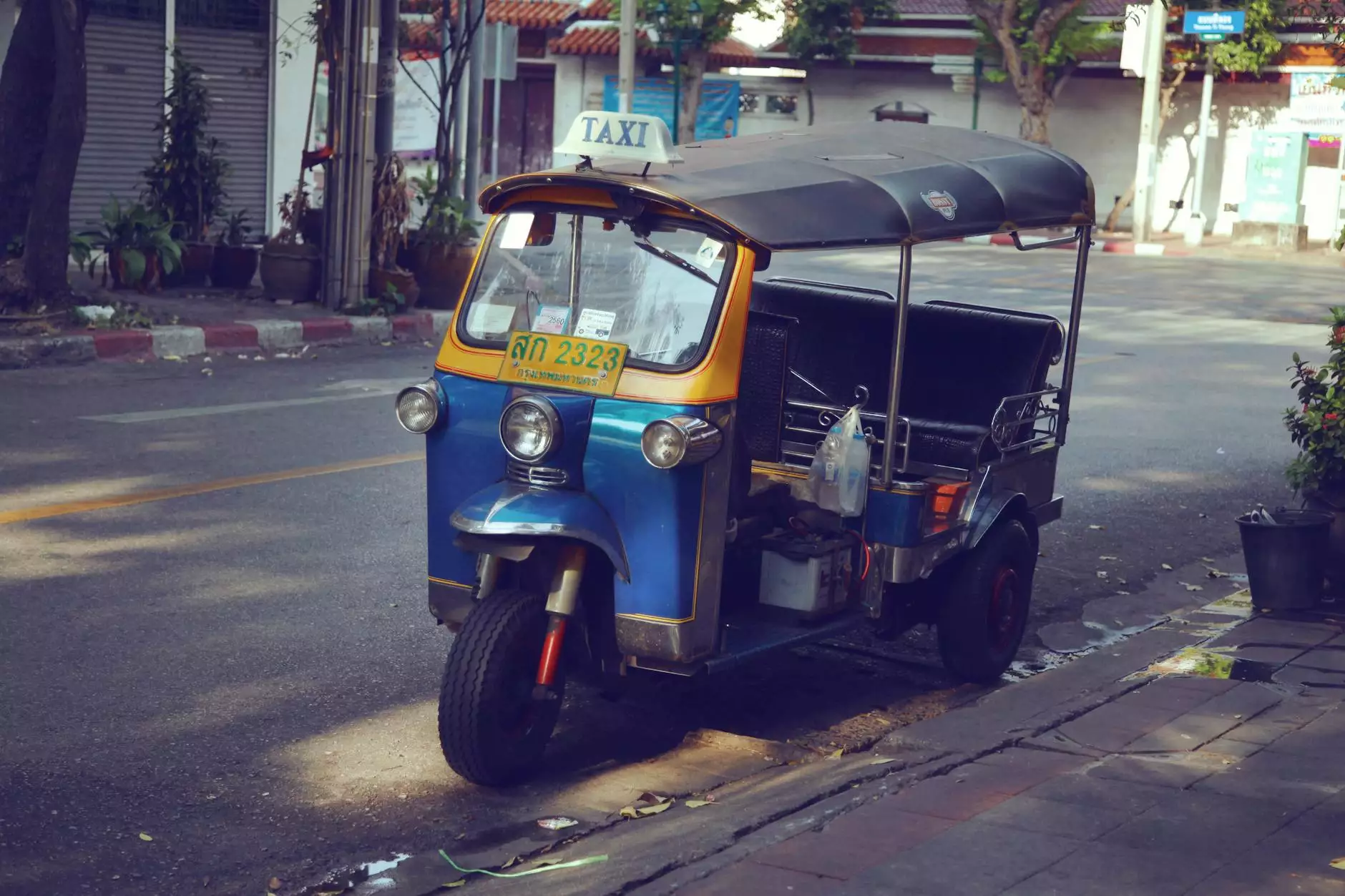Halal Chicken Brazil: The Future of Ethical Poultry Exports

In recent years, the demand for halal chicken in Brazil has seen a remarkable increase, driven by both local and global markets striving for ethical and permissible food sources. As a prominent player in the Brazilian poultry sector, the concept of halal has transformed the landscape of meat consumption, fostering an environment where ethical practices and high-quality poultry coexist.
The Significance of Halal Chicken
The term halal originates from Arabic, meaning 'permissible' or 'lawful' in Islam. For the Muslim community, halal chicken must meet strict dietary laws, ensuring that the meat is not only sourced ethically but also prepared and processed according to specific religious guidelines. As Brazil becomes a key exporter of halal chicken, understanding these principles is essential for both suppliers and consumers.
Brazil's Position in the Global Poultry Market
Brazil stands as one of the world's largest producers and exporters of poultry. Coupled with its vast agricultural resources and advanced farming technologies, the country is well-equipped to cater to the growing demand for halal chicken. The Brazilian poultry industry has adopted rigorous quality controls to ensure that its products meet both international standards and the stringent requirements of halal certification.
Key Factors Driving Brazilian Poultry Exports
- High Quality Production: Brazil boasts a robust infrastructure and a favorable climate for poultry farming, resulting in superior quality meat.
- Compliance with Halal Standards: Many Brazilian producers are now certified by recognized halal certification bodies, allowing them to effectively reach Muslim markets.
- Growing Global Demand: The global market for halal food is expected to continue rising, especially in regions with significant Muslim populations.
- Sustainability Practices: Brazilian poultry farms are increasingly adopting sustainable practices, meeting the demands of environmentally conscious consumers.
Understanding Halal Certification in Brazil
Halal certification is a vital process that ensures the meat produced is not only halal but also handled and processed in accordance with Islamic law. In Brazil, several organizations specialize in halal certification, providing guidelines that producers must adhere to in order to receive certification. This ensures:
- Ethical Treatment of Animals: Animals must be treated humanely throughout their life and slaughtering must be conducted in a manner that minimizes suffering.
- Proper Slaughtering Method: The slaughtering process must follow specific rules, including the invocation of God's name at the time of slaughter.
- Cleanliness and Hygiene: The facilities must maintain high hygiene standards, ensuring the meat is safe for consumption.
The Growing Demand for Halal Chicken in Various Markets
The demand for halal chicken is not confined to Muslim-majority countries; it is increasingly popular in Western markets, including the United States, Canada, and parts of Europe. The non-Muslim population is also embracing halal products due to perceptions of higher quality and better ethical standards. This trend encourages Brazilian poultry exporters to target a diverse range of markets.
Market Segments Benefiting from Halal Chicken in Brazil
- Restaurants and Food Service: Many restaurants are incorporating halal chicken into their menus to attract a broader clientele, including those who value ethical sourcing.
- Retail Stores: Grocery stores are increasingly dedicating sections to halal meats, reflecting the growing consumer interest.
- Online Grocery Platforms: The rise of e-commerce has led to an increase in online orders for halal chicken, making it easily accessible to various consumers.
Challenges and Opportunities in the Brazilian Halal Chicken Market
While the opportunities in the halal chicken market in Brazil are significant, several challenges must be addressed to capitalize on this potential fully.
Challenges Facing the Halal Chicken Sector
- Quality Consistency: Maintaining consistent quality across different producers is critical to building trust in the market.
- Regulatory Compliance: Adhering to both local laws and international halal standards requires ongoing education and vigilance.
- Market Competition: Competing with countries like Thailand and the United States, which also produce halal chicken, necessitates aggressive marketing and quality differentiation.
Opportunities for Growth
Despite the challenges, the Brazilian halal chicken market presents numerous opportunities:
- Expansion of Export Markets: There is room to expand into new international markets that are increasingly seeking halal products.
- Innovation in Product Offerings: By developing new products tailored to different cultures and cuisines, Brazilian exporters can enhance their appeal.
- Education and Awareness Campaigns: Informing consumers about the benefits of halal chicken can drive demand and foster a deeper understanding of halal principles.
The Role of Frozen Chicken in the Halal Market
A significant portion of halal chicken exports from Brazil is delivered in frozen form. This process not only extends shelf life but also facilitates shipping over long distances. As a result, frozen halal chicken from Brazil is increasingly gaining traction in international markets, appealing to both consumers and businesses alike.
Benefits of Frozen Halal Chicken
The benefits of frozen halal chicken are manifold, including:
- Extended Shelf Life: Freezing halts bacterial growth, allowing consumers to store the product for longer periods.
- Convenience: Frozen products are versatile and can be conveniently utilized in various dishes, catering to busy lifestyles.
- Cumulative Cost Savings: Purchasing in bulk often leads to lower costs, making halal chicken more accessible.
Conclusion: Building a Bright Future for Halal Chicken in Brazil
The future for halal chicken in Brazil appears bright, with a dynamic environment that fosters growth and innovation. Brazilian poultry exporters, alongside the committed entities that focus on ethical practices, are poised to lead the global market in quality and compliance. By leveraging its agricultural strengths and embracing the principles of halal, Brazil can establish itself as a premier source of halal chicken, satisfying the demands of discerning consumers worldwide.
As Brazil continues to evolve within this niche market, the combination of ethical practices, quality assurance, and innovative product offerings will be vital to its success. Exploring the myriad opportunities within the halal chicken segment will ensure that Brazilian poultry exporters remain competitive and thrive in a growing global marketplace. Whether you're a consumer looking for high-quality chicken or a business seeking reliable poultry suppliers, the landscape of halal chicken in Brazil unambiguously offers a world of possibility.
halal chicken brazil


